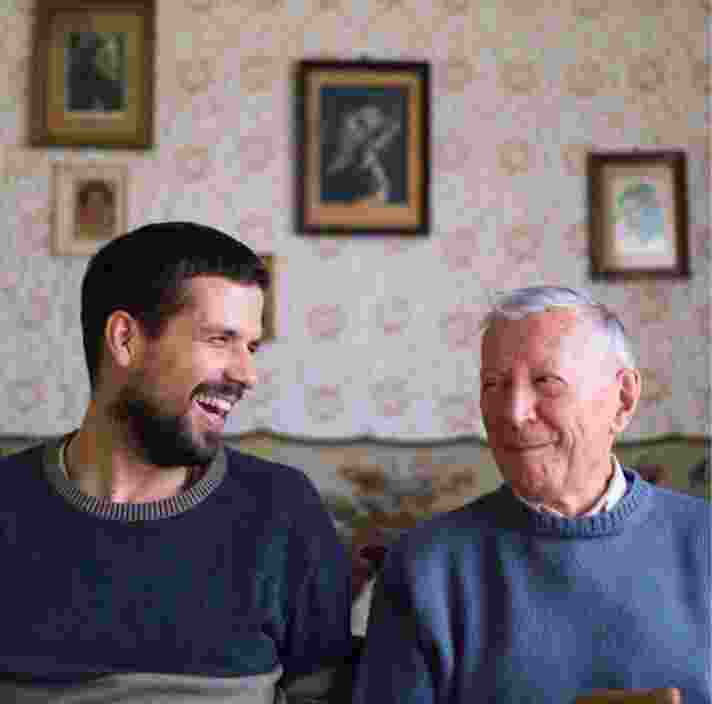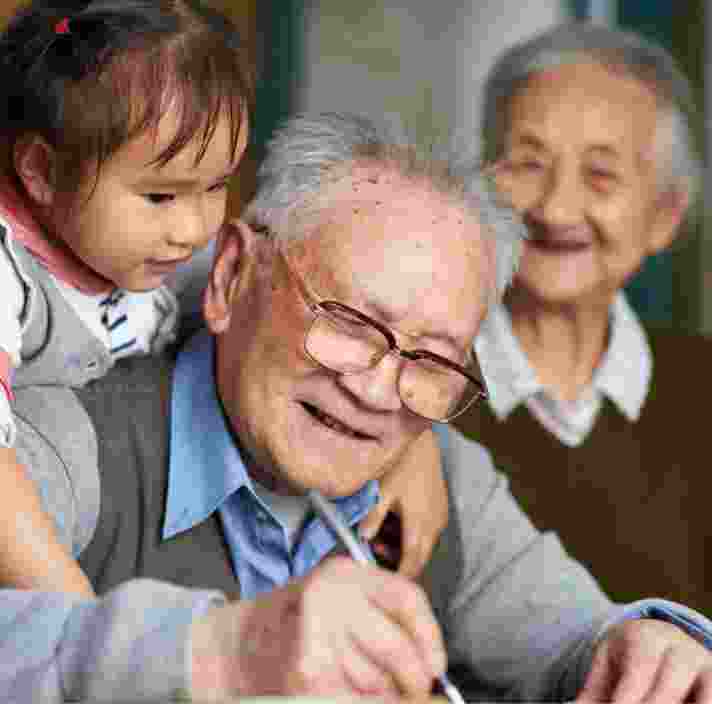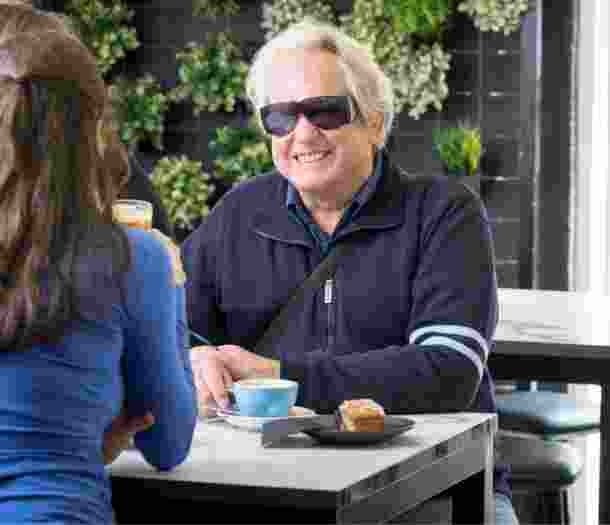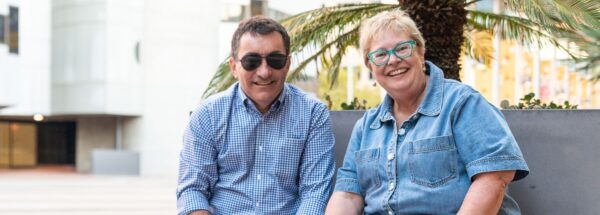On this page:
What is visual field loss?
An ABI can result in a change in vision.
If you experience an Acquired Brain Injury (ABI) – like a stroke or head injury – sometimes you can also experience a change in vision or a vision impairment.
One of the types of vision impairment following an Acquired Brain Injury is called visual field loss. Visual field loss happens when you have damage to any part of your ‘visual pathways’; the parts of your eyes and brain are involved in processing the things you see.
There are various levels of visual field loss that can change your vision in different ways. It usually depends on what type of brain injury you have experienced, and how this has damaged your brain or visual pathway.

Effects of visual field loss
You might feel like one or both of your eyes are not working.
Alternatively, in other cases, you may not even realise you’ve experienced a visual field loss until you notice some of the other impacts of a vision impairment. These can include:
- Feeling unable to see people on one side of your body
- Bumping into stationary objects when you are walking
- Having difficulty monitoring traffic to cross the road safely
- Feeling like you’ve lost your confidence
- Being confused or uncomfortable while out in the community.
How can Guide Dogs help?
We’re here to support you if you’ve experienced visual field loss.
We offer assessment and training programs to identify your specific level of vision after an Acquired Brain Injury. From there, we can identify techniques and training to best support you to live as independently as possible.
Training can take place in hospital or at your home: wherever you’re most comfortable.

How can I find more information?
Get in touch with us.
We welcome referrals from any health professional, carer, family member or friend. Please ensure you have the consent of the person you would like to refer before requesting a service on their behalf.
To find further information about our Neurological Vision Service, and support for visual field loss, you can contact our Client Services team:
- Phone: 1800 757 738
- Email: support@guidedogs.org.au
- Request a service
Ready to continue?
Seems like you have filled this form earlier. Let’s pick up where you left off.

